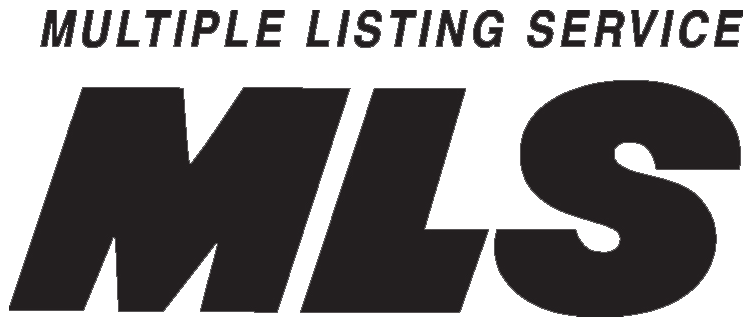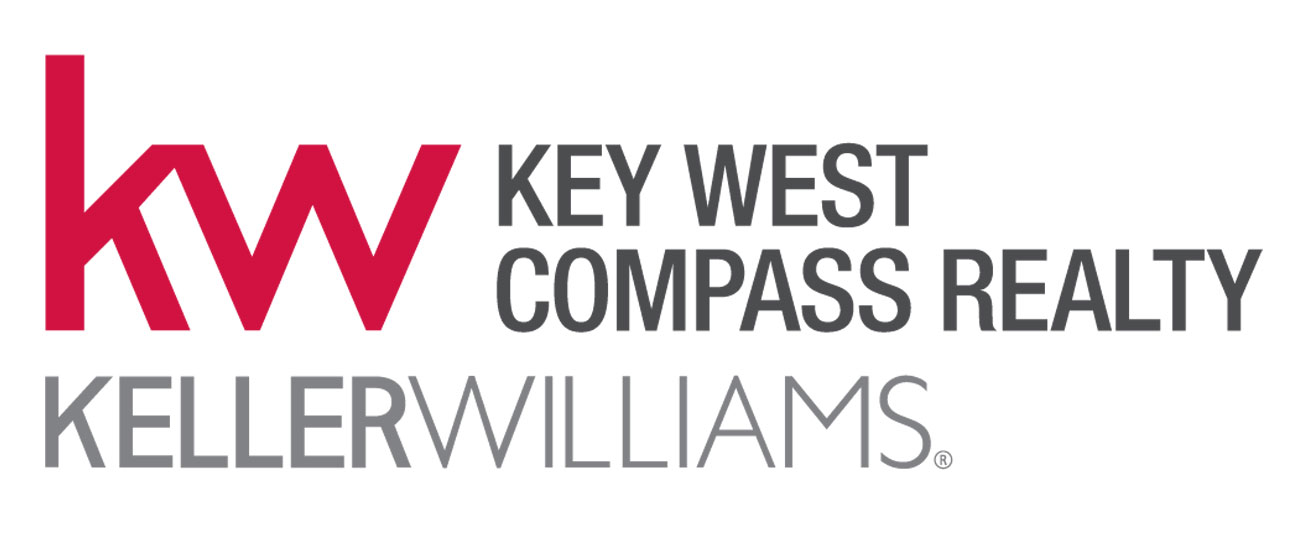You've owned a small business for 25+ years. You've battled big boxes and franchises and fickle customers and won. Your business paid the mortgage on your home, put food on the table, paid medical bills and sent your kids to college. And now it's time to close the endless 14 hour days and enjoy a place in the sun for you and your family. Can your business somehow get you there? Can your business lift you up one last time? Yes It Can. Through a 1031 Tax Deferred Exchange and a little team work, your business can satisfy your dream one last time - and leave you tax free to boot.
My first 1031 Blog provided the basic tenets of a 1031 Tax Deferred Exchange; timetables, guidelines and applications. My second blog showed how to optimize a failed 1031 if the exchange occured across two calendar years; e.g., from October to March by using a Tax Straddle strategy.
Now let's talk about how your business can boost you into your retirement dream home - and possibly absorb all the taxes you've been deferring all these years.
What if all the capital gains taxes you've been deferring suddenly disappeared?
Converting your business into a retirement home via a 1031 Tax Deferred Exchange should have two goals:
- Buying your retirement home
- Eliminating capital gains taxes once and for all
First of, all the rules of a 1031 Exchange still apply:
- Like kind exchange - you are buying Investment Property
- 180 days from the closing on the sold (relinquished) property to the closing on the purhased (replacement) property
- 45 days from the closing on the relinquished property to provide a list of replacement property candidates
- The sale price of the replacement property must be higher than the sale price of the relinquished property(s).
- Strict use of a Qualified Intermediary (QI) to handle the proceeds of the sale for the purchase.
But how do I make the replacement property my home?
Rule #1. You are buying Investment Property. According to the IRS, the concept of "investment property" for the purposes of the exchange expires after 24 months. What this means is your "investment property" can become your dream home after 24 months! (IRS issued Revenue Procedure 2008-16 which defines a safe harbor and includes a two-year holding period of limited personal use and a rental period if you want to be safe).
During the 24 months that your future dream home is investment property, you must follow the rules applicable to all investment property:
- The property must be available for rent thoughout the period. (Use a professional property management company to avoid undue scrutiny.)
- In each of the two years the property must be rented out to non-family 14 overnights per year and personal use is limited to no greater than 14 overnights or 10 percent of the time rented.
- When the property is acquired, there can be no concrete intent to convert the property to your primary residence. Review Goolsby v. Commissioner for insight on what not to do.
- Make sure the property is filed as investment/rental property on your tax returns.
Who helps me on all of this?
You're going to need five people on your team:
- 1031 Qualified Intermediary. A reputable, well-known qualified Intermediary (QI) is strategic, knows the 1031 game inside and out, including what’s happening around you with the other players – i.e. recent rulings that may affect your situation and will alert you to any missteps that might damage the integrity of a successful 1031 Exchange. Your QI prepares and manages the pertinent documents to comply with safe harbor regulations, coordinates with your team, proactively looks for the best play, and expertly sees you through the end of your exchange.
- An agent/broker who understands 1031 Exchanges. You want to have the best and the most experienced residential or commercial real estate agent/broker involved. Your agent/broker needs to be familiar and comfortable with 1031 Exchanges. Your agent/broker must be on top of his/her game such as putting a cooperation clause in the listing agreement and in the purchase agreement that gives notice to all parties that the taxpayer is doing an exchange.
- An experienced attorney. A local attorney can navigate though gray areas in your transaction. While your QI can tell you about the 1031 tax code but cannot offer specific legal advice. Your attorney is a critical player especially with complex transactions.
- A CPA. Your CPA must understand tax deferred exchanges. The CPA must be involved from the beginning stages of your sale and is intimately involved in every decision.
- A closing agent. Depending on where you are selling, the closing agent can be an attorney or an escrow/title officer. Disbursement of funds and proper closing statement documentation are just a few of the main concerns with a 1031 Exchange. You do not want any accidental disbursements of monies or problems with closing within your deadline.
How is the Conversion from investment to personal property accomplished?
After 24 months, two tax seasons, you can convert the investment property into personal property. The obligations of the 1031 Exchange have been fulfilled and the property is yours to do with as you please. Modifications, renovations and enhancements to the property performed during its use as investment property are fully absorbed into the property without penalty; in fact, they have been treated as write offs during the 24 month rental period.
Converting the character of the rental property is accomplished by moving in, changing your Driver's License, Post Office and Voter Registrations' addresses to reflect the new property address. Consider selling your old primary residence and if you were living there for two or more years you will benefit from the IRS Section 121 capital gains exclusion of $250,000 if filing single or $500,000 if filing joint.
Summary
With your team of five players as described above, your business that provided for you and your family for 25+ years can give you one last send off. And in the end, all those deferred capital gains taxes disappear. Way to go!
My go-to 1031 Tax Deferred Exchange expert is Diane Rivera, CES.
Diane is Vice President, Investment Property Exchange Services, Inc. Diane can answer all of your questions and help you create a winning 1031 strategy. Diane can be reached at 877.494.1031 or diane.rivera@ipx1031.com.
If you have any questions or comments you can reach me here.
Good luck!









